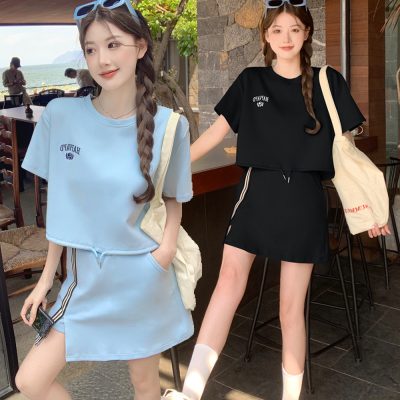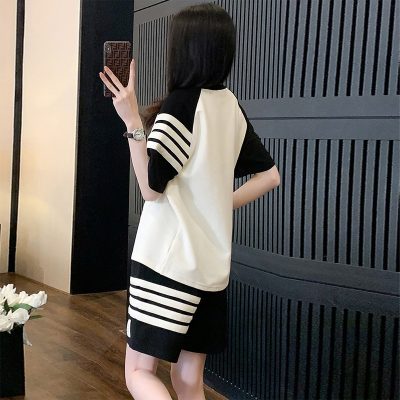Certainly! Here’s an overview of various sock materials, including cotton, wool, and other sustainable options:
1. **Cotton**:
– **Conventional Cotton**: Most socks are made from conventional cotton, which is derived from the cotton plant. However, conventional cotton farming often involves the heavy use of pesticides, insecticides, and water.
– **Organic Cotton**: Organic cotton is grown without synthetic pesticides or fertilizers, making it a more environmentally friendly option. Socks made from organic cotton are soft, breathable, and biodegradable.
2. **Wool**:
– **Merino Wool**: Merino wool, sourced from Merino sheep, is known for its softness, breathability, and moisture-wicking properties. It’s naturally odor-resistant and regulates temperature well, making it ideal for socks.
– **Alpaca Wool**: Alpaca wool is similar to sheep’s wool but is hypoallergenic and softer. It’s also naturally water-repellent and temperature-regulating.
– **Cashmere**: Cashmere wool comes from cashmere goats and is prized for its exceptional softness and warmth. However, it’s more expensive and less durable than other types of wool.
3. **Bamboo**:
– **Bamboo Viscose**: Bamboo viscose, also known as bamboo rayon, is made from bamboo pulp. It’s a sustainable and eco-friendly option because bamboo grows quickly and requires fewer pesticides and water compared to cotton. Bamboo socks are soft, moisture-wicking, and naturally antimicrobial.
4. **Hemp**:
– **Hemp**: Hemp fiber is derived from the hemp plant, which is highly sustainable and requires minimal water and pesticides to grow. Hemp socks are durable, breathable, and naturally antimicrobial. They also have excellent moisture-wicking properties.
5. **Recycled Materials**:
– **Recycled Polyester**: Socks made from recycled polyester are often produced using post-consumer plastic bottles or recycled polyester fabric scraps. Using recycled materials helps reduce waste and the demand for virgin resources.
– **Recycled Cotton**: Some socks are made from recycled cotton fibers, which are reclaimed from textile waste or post-industrial scraps. Recycled cotton reduces the need for new cotton cultivation and minimizes environmental impact.
Each material has its own unique properties and benefits, so choosing the right sock material depends on factors such as comfort, durability, sustainability, and personal preference.






